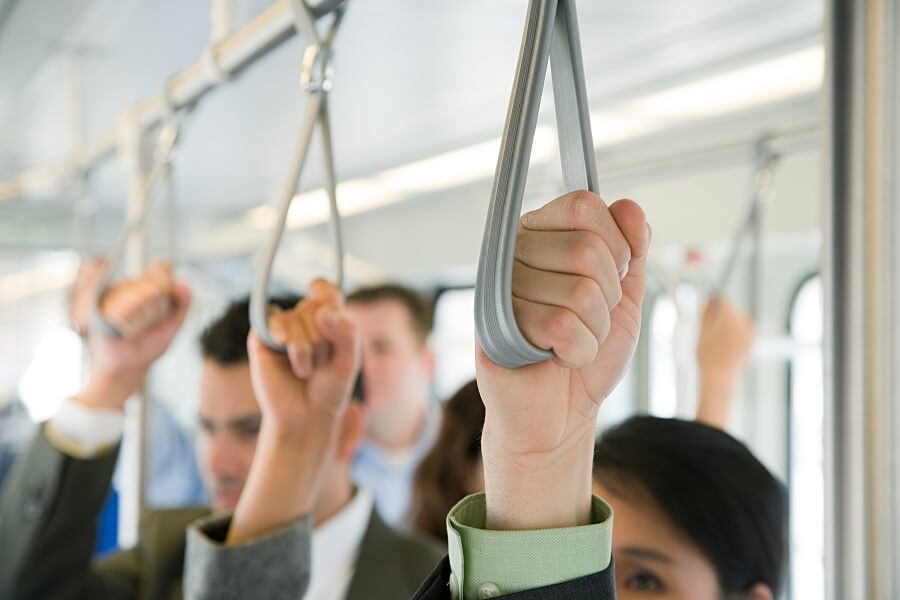
Transport Fare Evasion: Consequences in Australia
Fare evasion has become an important issue, especially in public transport. More and more people are getting into the habit of evading paying for transport and/or travelling more than the allowed distance they paid for.
Trying to cheat the system to avoid paying the fare is a criminal offence that can have serious legal consequences. But when are you considered to have committed a fare evasion offence? What are the penalties and repercussion of being found guilty of evading transport fare? Read more below:
When Do You Commit A Fare Evasion Offence?
There are many instances when you will be deemed to have committed a transport fare evasion offence. One of them is trying not to pay the fare for the transport services you’ve been offered. This could be trying to cheat the system or other clever ways of getting free transport. The other way you can commit a fare evasion offence is not paying at all.
Travelling a longer distance than one has paid for is another common way people commit fare evasion offence. If caught, you will be in trouble and could face hefty fines. Not paying your full fare is also treated as a fare evasion offence. Lastly, if you are travelling on a concession ticket but cannot prove your concession, you are deemed to have committed a transport fare evasion offence.
Consequences Of Fare Evasion

Penalties for evading fare vary depending on the severity of the offence. You are issued with an instant fine in most cases, which is about $200 if you don’t have a ticket or valid concession card. However, this amount may vary depending on the state. The maximum you can be fined is $550 for this offence.
In some cases, you might be asked to appear in court. This is if you have had subsequent offences of avoiding paying for transport. Depending on your defence, you can be sentenced to a maximum of 6 months in jail. However, you can be exempted from fines if you prove that the bus or train had no facility for buying valid tickets.
What Will Happen After Getting Fined?
In most states, you are given 21 days to pay the fine. Depending on your financial status, you can opt to pay in instalments. If you are not doing well financially, you can ask for an extension of the payment period.
If you feel the fine was unfair, you can write to the company to reconsider and withdraw the fine. If they refuse, you can contest the decision in court to have the fine removed or reduced.
However, you need to obtain legal advice before going to the courts because you may be risking a heavier sentence, especially if the judge finds you guilty of the offence. The court may also adjust the fine upwards after you contest the decision. Therefore, you need a good traffic lawyer to advise you accordingly.
If you need legal assistance, contact our team here at Bouchier Khan Lawyers, and we will be glad to help.
This article is of a general nature and is intended for information only. It should not be relied upon as legal advice. If you require further information, advice or assistance for your specific circumstance, please contact us at Bouchier Khan Lawyers.
